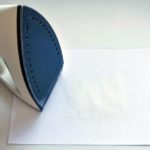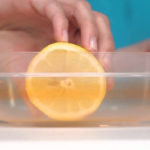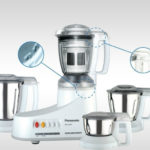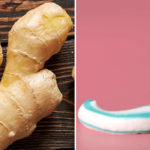The cold wind has arrived, and winter is knocking on the door. With the current weather in the northern provinces, probably few would have the “courage” to clean themselves without the hot water from a water heater – one of the almost indispensable items in the bathrooms of Northern families.
On November 14, social media was buzzing with news of an explosion at a water heater in Quang Ninh. Fortunately, the incident did not cause any harm to the people, but it damaged many belongings of the homeowners.
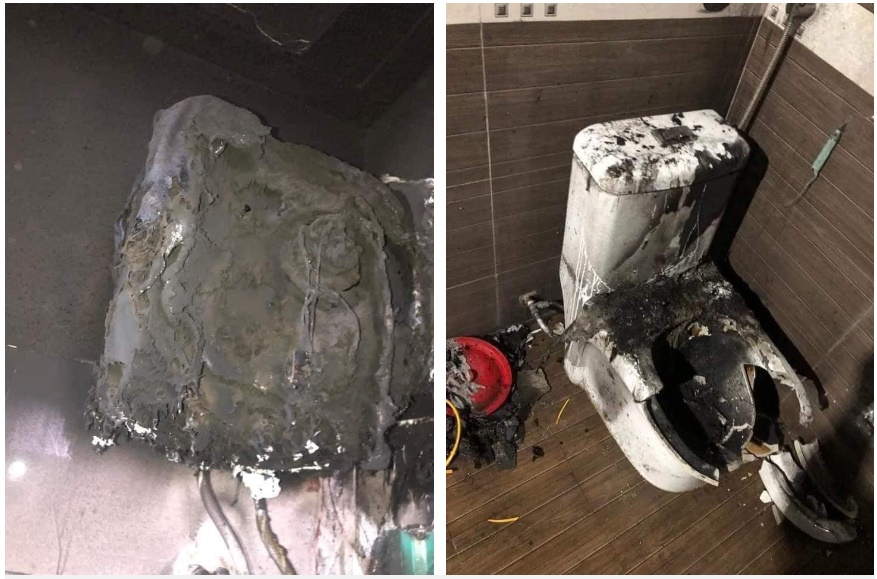
Image from the water heater explosion in Quang Ninh on November 14 (Photo: Social Media)
According to information shared by VTC News, the water heater exploded because the homeowner had a habit of leaving the water heater on 24/7 and only turned it off when taking a shower.
This is one of the life-threatening mistakes many people often overlook when using a water heater. No one wants to imagine themselves taking a shower when the water heater explodes, but that is entirely possible if you still maintain the following 3 harmful habits when using the water heater.
1. Keeping the water heater on almost all day
For families with young children or those who need hot water at different times of the day, leaving the water heater on continuously without turning it off may seem convenient. However, the hidden risks are not negligible.
You need to understand that when the water heater operates continuously 24/7, the insulation layer of the electrical wire will be corroded, making the electrical system less effective. In that case, the water heater is more likely to experience electrical leakage when there is a current flow from the wire to the external environment. The consequence is the water heater exploding – a situation that is not new but still underestimated and ignored by many people.
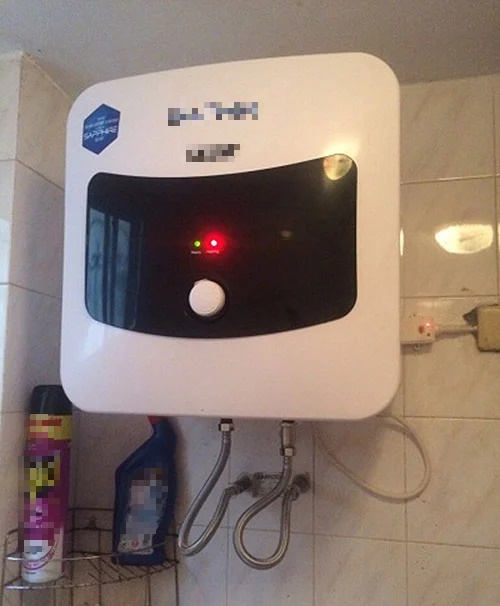
Illustrative image
2. Not turning off the water heater while showering
Turning off the water heater before showering is the first and essential safety principle to remember when using a water heater. Not turning off the water heater while showering is the leading cause of electric shocks and even death.
Currently, most water heaters are designed with automatic electrical cut-off, so many people mistakenly think that it is still safe even if the power is still on. However, electrical leakage into the water can still occur, especially with older water heaters, where the internal parts and components are no longer functioning effectively.
3. Not maintaining and cleaning the water heater
Maintaining and cleaning the water heater is something that most of us cannot do ourselves. Perhaps for this reason, there are water heaters that have been used for decades but have never been “checked up”.
You need to know that after a period of use, there will be a layer of dirt from the water inside the water heater on the heating element. This layer of dirt reduces the speed of heating the water and consumes more electricity. If the heating element corrodes and catches fire, it is highly likely to happen.
Therefore, it is absolutely necessary to maintain and clean the water heater once a year or every two years.
According to Phụ Nữ Mới (New Woman) Magazine
























